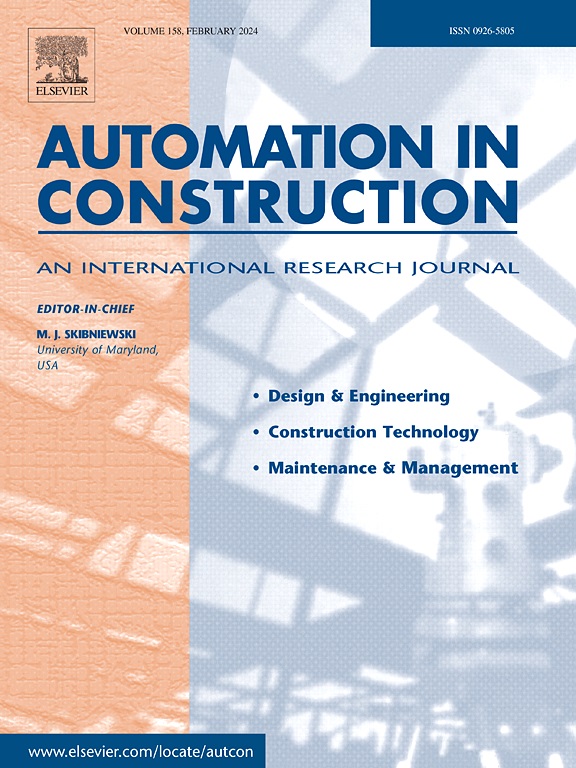通过量子安全技术确保数字化建设项目(DCP)的信息安全弹性
IF 11.5
1区 工程技术
Q1 CONSTRUCTION & BUILDING TECHNOLOGY
引用次数: 0
摘要
确保数字化建设项目(dcp)的信息安全弹性具有挑战性。这是由于各种协议的存在,多个组织的参与,以及跨复杂网络的动态和静态信息的广泛交换。传统的安全措施通常是被动的、静态的、分散的、不充分的。本文探讨了量子安全技术,以主动解决dcp中的信息机密性、完整性和可用性(CIA)挑战。结合定量科学计量分析和定性文献回顾的混合方法进行了综述,并通过专家访谈和焦点小组验证了研究结果。该研究提出了自适应量子经典安全(AQCS)框架,展示了量子加密、通信、网络和优化如何增强dcp的主动安全性。AQCS有助于逐步采用,提高信息弹性,同时最大限度地减少工作流程中断、财务损失和运营风险。本文将量子安全技术应用于建筑,介绍了将量子进展集成到dcp中的AQCS框架。本文章由计算机程序翻译,如有差异,请以英文原文为准。
Ensuring information security resilience in Digital-enabled Construction Projects (DCP) through quantum security technologies
Ensuring information security resilience in Digital-enabled Construction Projects (DCPs) is challenging. This is due to the presence of various protocols, the participation of multiple organizations, and the extensive exchange of dynamic and static information across complex networks. Traditional security measures are often reactive, static, and fragmented, and insufficient. This paper explores quantum security technologies to proactively address information confidentiality, integrity, and availability (CIA) challenges in DCPs. A mixed-method review combining quantitative scientometric analysis and qualitative literature review was conducted, with findings validated through expert interviews and a focus group. The research proposes the Adaptive Quantum-Classical Security (AQCS) framework, demonstrating how quantum cryptography, communication, networks, and optimization can enhance proactive security in DCPs. AQCS facilitates gradual adoption, improving information resilience while minimizing workflow disruption, financial losses, and operational risks. This paper applies quantum security technologies to construction, introducing the AQCS framework for integrating quantum advancements into DCPs.
求助全文
通过发布文献求助,成功后即可免费获取论文全文。
去求助
来源期刊

Automation in Construction
工程技术-工程:土木
CiteScore
19.20
自引率
16.50%
发文量
563
审稿时长
8.5 months
期刊介绍:
Automation in Construction is an international journal that focuses on publishing original research papers related to the use of Information Technologies in various aspects of the construction industry. The journal covers topics such as design, engineering, construction technologies, and the maintenance and management of constructed facilities.
The scope of Automation in Construction is extensive and covers all stages of the construction life cycle. This includes initial planning and design, construction of the facility, operation and maintenance, as well as the eventual dismantling and recycling of buildings and engineering structures.
 求助内容:
求助内容: 应助结果提醒方式:
应助结果提醒方式:


